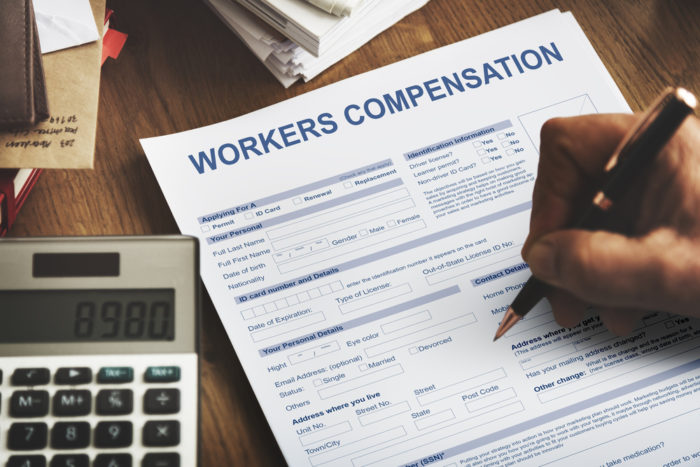When an employee suffers from a work-related accident that leaves them injured, they often don’t know what they should do next.
Can the employee sue their employer for their negligence, and are they eligible for compensation? If you find yourself injured at work, there are a few things you can do to protect your legal rights.
In most places, state law requires employers to carry workers’ compensation insurance. This is one way of protecting workers in case they get injured.
But in exchange for this protection, employees are surrendering their rights to sue their employers for the damages. However, there are some exceptions to this rule.
What are my legal rights after getting injured from work?
The laws, rights of workers, and legal procedures to ensure these protections are in place vary widely from state to state.
However, several legal rights are similar across most places. Some of these includes:
- The right to be represented by a lawyer throughout the legal process
- The right to file a workers’ compensation claim for work-related injury or illness
- The right to see a doctor and seek medical help
- The right to continue working in the same job after being deemed fit to return by the doctor
- The right to a temporary or permanent disability compensation when the injuries prevent the employee from returning to work
- The right to file an appeal when the worker disagrees with the employer, insurance company, or the court’s decision
Per the workers’ compensation system, employees also have the right to refuse any offers or requests their employer may try to coerce them with to avoid paying their claim.
What does workers’ compensation cover?

Workers’ compensation insurance is a state-mandated program that offers protection and benefits to an employee who became injured or ill at work. The coverage is mandated by each state.
In California, for example, this insurance program provides basic benefits and coverage for medical expenses, temporary and permanent disability benefits, missed wages due to recovery, supplemental job displacement benefits, return-to-work supplements, and death benefits.
This insurance program, however, has limitations. It doesn’t cover any injuries sustained by a worker when they were intoxicated or using illegal drugs. Employees with self-inflicted injuries won’t also receive workers’ compensation coverage.
The benefits also won’t be granted if the injuries were sustained while committing a serious crime or doing something that violated the employer’s policies.
When can I sue my employer?
Workers’ compensation supports employees and protects employers at the same time. When a company has this insurance, they will provide benefits to workers who suffered from work-related injuries.
In turn, their workers can’t sue them for the damages they sustained from their injuries. But since this is a state-mandated program, companies who don’t carry workers’ compensation insurance or violate its laws could be fined or jailed.
Their employers can also sue them for workers’ compensation and work with a personal injury lawyer to file a personal injury lawsuit.
Aside from not having workers’ compensation insurance, there are three other exceptions in which you can sue your employer. These situations are where:
- The injury is a result of your employer’s gross negligence
- The injury occurred from your employer’s intentional physical assault or conduct
- The injury is a result of a defective product manufactured by your employer
Takeaway
No one wants to get injured at work. But if you find yourself in this situation and you’re planning on filing a workers’ compensation claim, it’s often a good idea to consult with a personal injury lawyer.
A knowledgeable and experienced attorney will help you determine what benefits you may be entitled to receive. They can also guide you throughout the whole legal process and ensure you get the full benefits you deserve.


